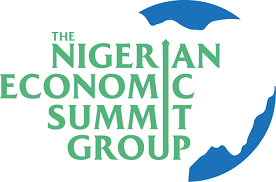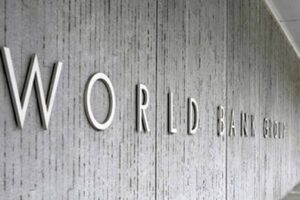-by our correspondent.
The World Bank and, a private sector-led think-tank, the Nigeria Economic Summit Group, NESG, have asked the Federal Government to undertake extensive reforms that would guarantee sustainable growth of the economy to save about 20 million Nigerians from joining the poverty category by 2022.
The two bodies gave the recommendation at the virtual launch of the 2021 Macroeconomic Outlook of the Nigerian Economy.
The Chairman of NESG, Asue Ighodalo, said the economic outlook in 2021 will be “epileptic and marked by uncertainties, which will be fueled primarily by the threat of the second wave of COVID-19 pandemic”
The Group also underlined macro-economic stability, policy and regulatory consistency, sector reforms and human capital development as four priority areas necessary for the attainment of high inclusive growth for Nigeria in a few years.

“The Nigerian economy needs more than a simple rebound – the economy needs a high, robust and sustained growth that delivers a significant reduction in unemployment and poverty,” he said.
For her part, World Bank Senior Economist, Gloria Joseph-Raji, noted that the Nigerian government has to implement policies that would improve the business environment and enhance the welfare of Nigerians.
She highlighted key priorities for the government to include; adopting more transparent and credible foreign exchange allocation, mobilising tax revenues in a way that does not negatively affect investments and growth and strengthening the management of monetary policies towards the primary objective of price stability.
“We actually consider Nigeria right now to be at a critical junction in the sense that the achievement of its development goal of lifting 100 million people out of poverty by 2030 was already challenging even before Covid-19 struck, and then it has made this even more challenging and more urgent.” She said.

The experts predicted that the Nigeria economy would grow by 2.9 per cent in 2021 under the best scenario environment, whereas it would grow by 0.9 per cent if the government continues with business as usual approach to governance and could even record a negative growth of -2.5 per cent under a worst-case scenario.
The worst-case scenario, according to the NESG, points to the path of complete economic and policy recklessness and negligence while the business as usual assumed that Nigeria will continue with the current path but the best case scenario means a complete departure from business as usual approach to the higher path of vision, commitment and tough policy choices on investment.









Comment here